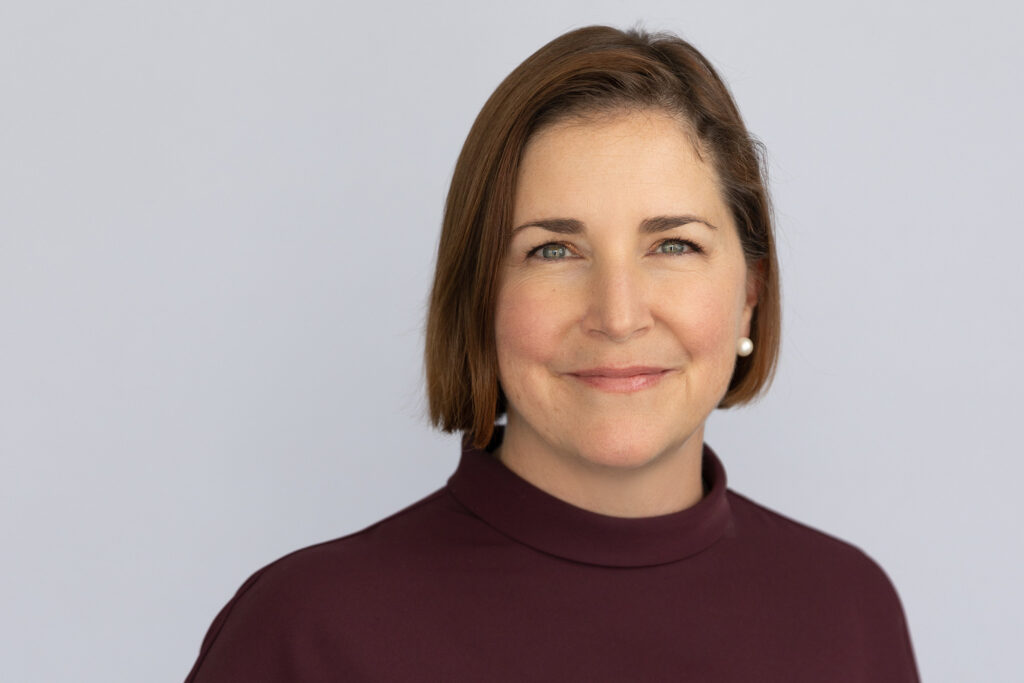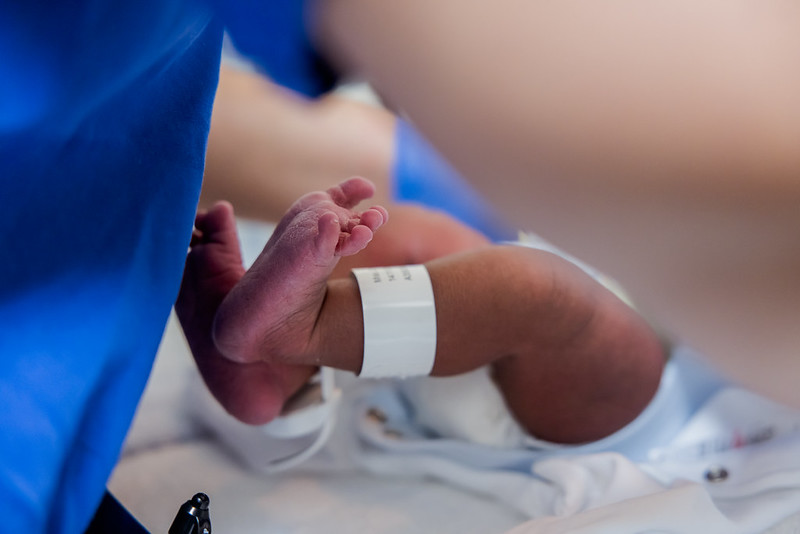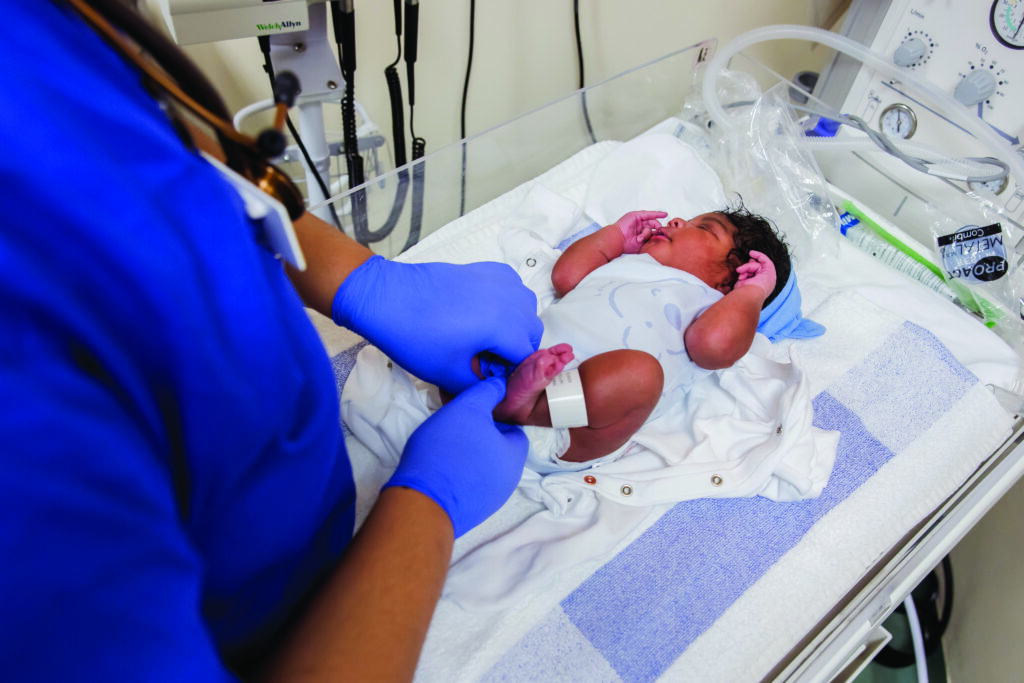Domestic abuse is fundamentally a public health issue, with wide ranging and well documented impacts on the mental and physical health of adult and child survivors.
Healthcare settings provide a unique opportunity for professionals to intervene in domestic abuse, with research showing that survivors interact more with healthcare than other statutory agency.
It is estimated that nearly 6% of pregnant people experience domestic abuse during pregnancy, however this figure is likely to be much higher due to widespread underreporting. But the pregnancy and post-natal periods are also a time where some of the isolation of domestic abuse can be broken, through the many appointments with midwives, doctors and health visitors.
Often serving as the first point of contact for pregnant people, midwives have a unique opportunity to create a safe and non-judgmental space for survivors to disclose domestic abuse.
Naturally, midwives will face barriers in addressing domestic abuse, from time pressures to training gaps and resource constraints.
As the Domestic Abuse Commissioner for England and Wales, it is my role to advise government on issues that require improvement in the domestic abuse space. The Domestic Abuse Act 2021 that established my role, also gives me statutory powers to hold government and agencies to account. That is why I am calling on both the Department for Health and Social Care and NHS England to prioritise the response to domestic abuse in maternity services.
One of the ways that this could be achieved is by co-locating Independent Domestic Violent Advocates (IDVAs) in maternity services, allowing them to offer ongoing support and advice to both survivors and midwives. This would be similar to hospital based IDVAs, who provide immediate support and advice to hospital staff and survivors.
My office will seize on the opportunity to influence this change by pressing the government on their mission to halve violence against women and girls (VAWG) over a decade. Domestic abuse is a highly common form of VAWG and the government must address it within the health space if they want to achieve their ambitious pledge.
We expect the government to publish their VAWG strategy in spring 2025. I hope they will use this strategy to commit the resources needed to transform maternity care into a powerful means of safeguarding against domestic abuse.
If you would like to hear more from the Domestic Abuse Commissioner’s office, sign up for our monthly newsletter here.


